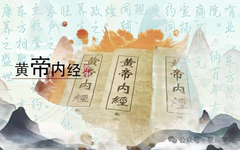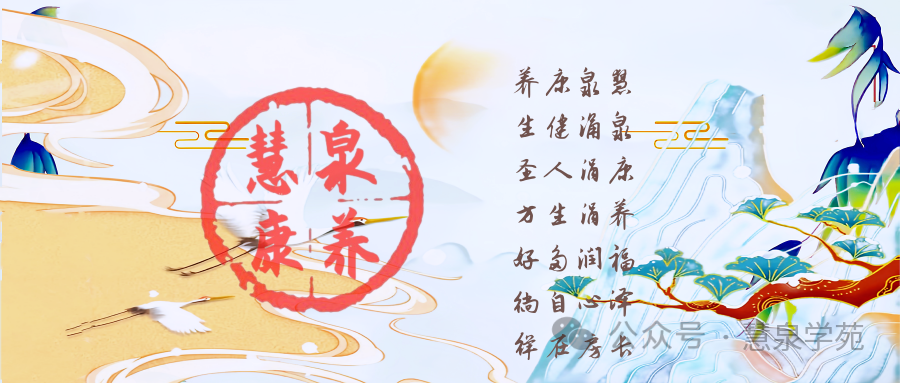 Those who have studied Traditional Chinese Medicine (TCM) know that the “Huangdi Neijing” (黄帝内经, The Yellow Emperor’s Inner Canon) is one of the four great classics of TCM. The “Neijing” is not authored by a single person; rather, it is a compilation of contributions from various outstanding TCM practitioners over different periods.
Those who have studied Traditional Chinese Medicine (TCM) know that the “Huangdi Neijing” (黄帝内经, The Yellow Emperor’s Inner Canon) is one of the four great classics of TCM. The “Neijing” is not authored by a single person; rather, it is a compilation of contributions from various outstanding TCM practitioners over different periods.
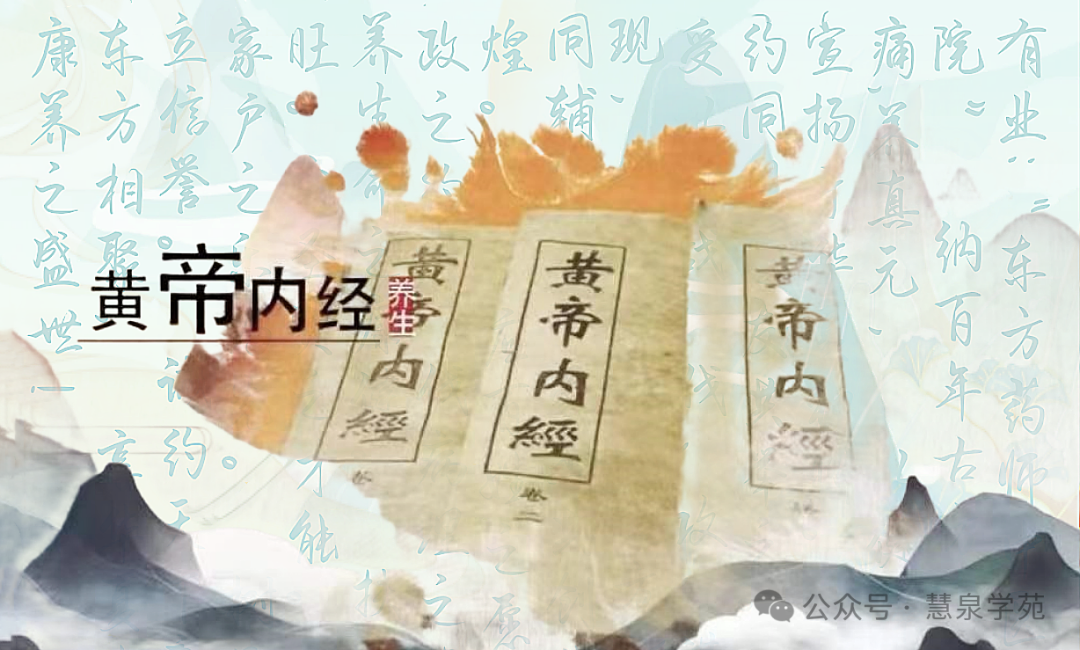
The “Huangdi Neijing” is divided into two parts: the “Lingshu” (灵枢, The Spiritual Pivot) and the “Suwen” (素问, The Simple Questions). It elucidates the mechanisms and pathology of diseases through dialogues and Q&A between the Yellow Emperor, Qi Bo, and Lei Gong, while also encompassing theories on disease prevention, health preservation, longevity, and extending life. Many well-known phrases originate from the “Neijing”, such as from the “Suwen·Cifa Lun” (素问·刺法论, Discussion on Acupuncture Techniques) which states: “When the righteous qi is preserved within, evil cannot invade.” The “Suwen·Ping Re Lun” (素问·评热论, Discussion on Heat) states: “Wherever evil gathers, its qi must be deficient.”The theories expounded in the “Neijing” are based on a simple materialist dialectical theory, advocating the concept of “heaven and man in correspondence”. This theory is crucial for health preservation and disease treatment. Humans are a part of nature; as such, we must align ourselves with nature, regulate our daily routines, and work at sunrise and rest at sunset.
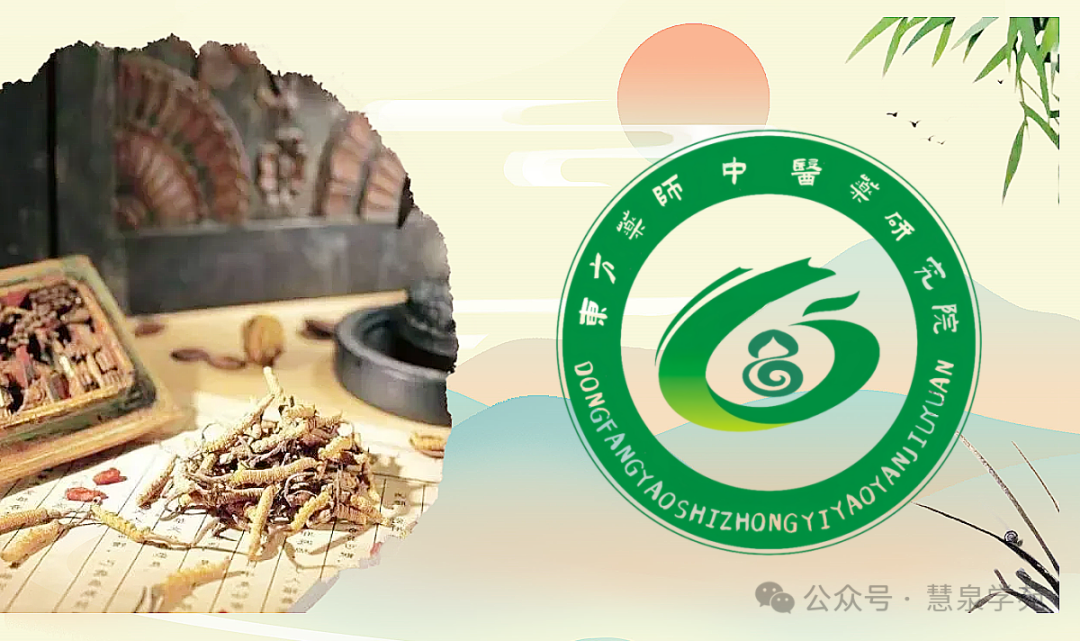
I have been pondering a question: Is it really so easy for a person to fall ill? In fact, I believe that falling ill is not so easy. The onset of a disease is certainly a result of long-term accumulation. Most patients exhibit irregular lifestyles, staying up late, wearing insufficient clothing in winter, and having unrestrained diets, among other issues. It is this long-term deviation from natural laws that leads to illness. Therefore, the concept of aligning with nature in the “Huangdi Neijing” is very necessary. This leads us to the idea of health preservation.
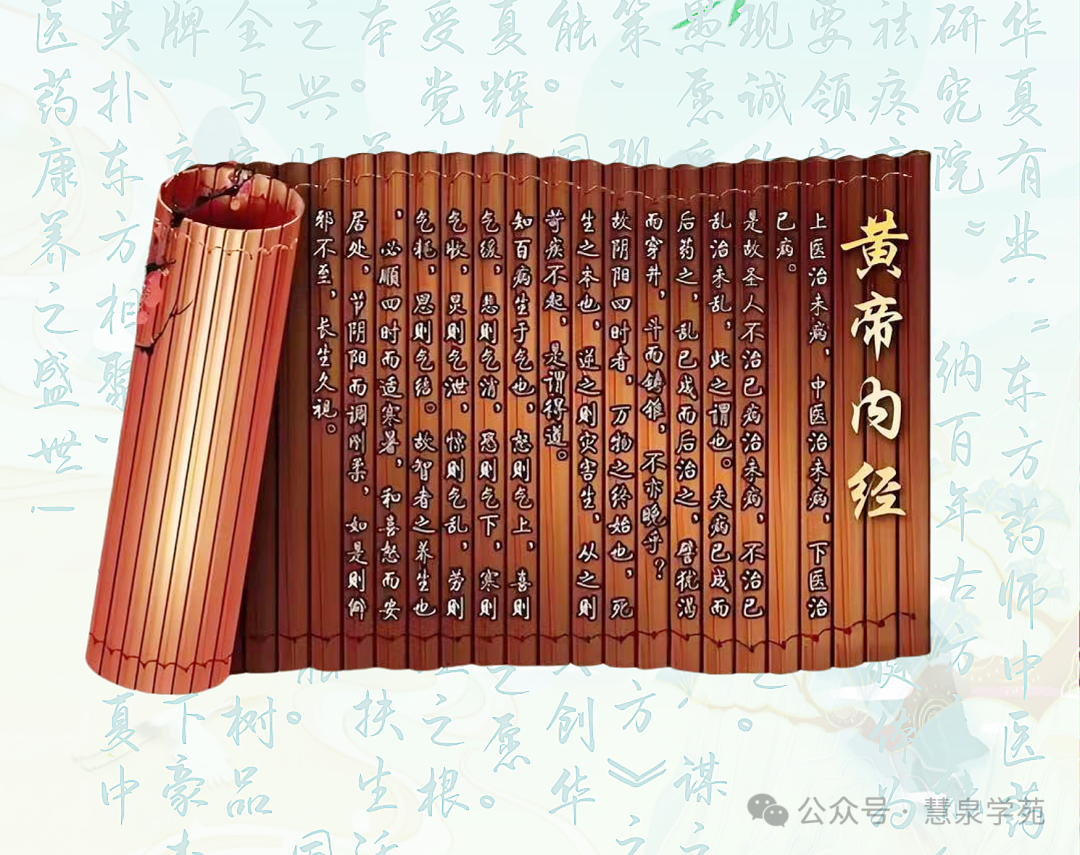
The valuable theories in the “Neijing” are not limited to this. In the future, I will continue to update and analyze the precious theories within the “Neijing”, transforming classical Chinese content into modern language, and integrating the causes and mechanisms of diseases with practical clinical situations. I hope that TCM can enter the lives of ordinary people, allowing everyone to understand a bit of TCM and learn self-care, benefiting more people.
Copyright statement: We emphasize sharing; the images and texts are sourced from the internet, and the copyright belongs to the original authors. If there is any infringement, please inform us, and we will promptly delete and apologize.
Click the text below to learn more exciting content:
The most bizarre education in the world—Traditional Chinese Medicine
Promoting TCM culture to benefit the health of the people as an intangible cultural heritage—Bai Cao Tong Jing Huo Luo
Intangible cultural heritage Bai Cao Tong Luo: Spreading TCM culture and leading a healthy lifestyle
What are the advantages of intangible cultural heritage Bai Cao Tong Luo compared to massage, moxibustion, and cupping?
Intangible heritage inheritance of TCM adjustment therapy—Nine methods of cervical vertebra adjustment
